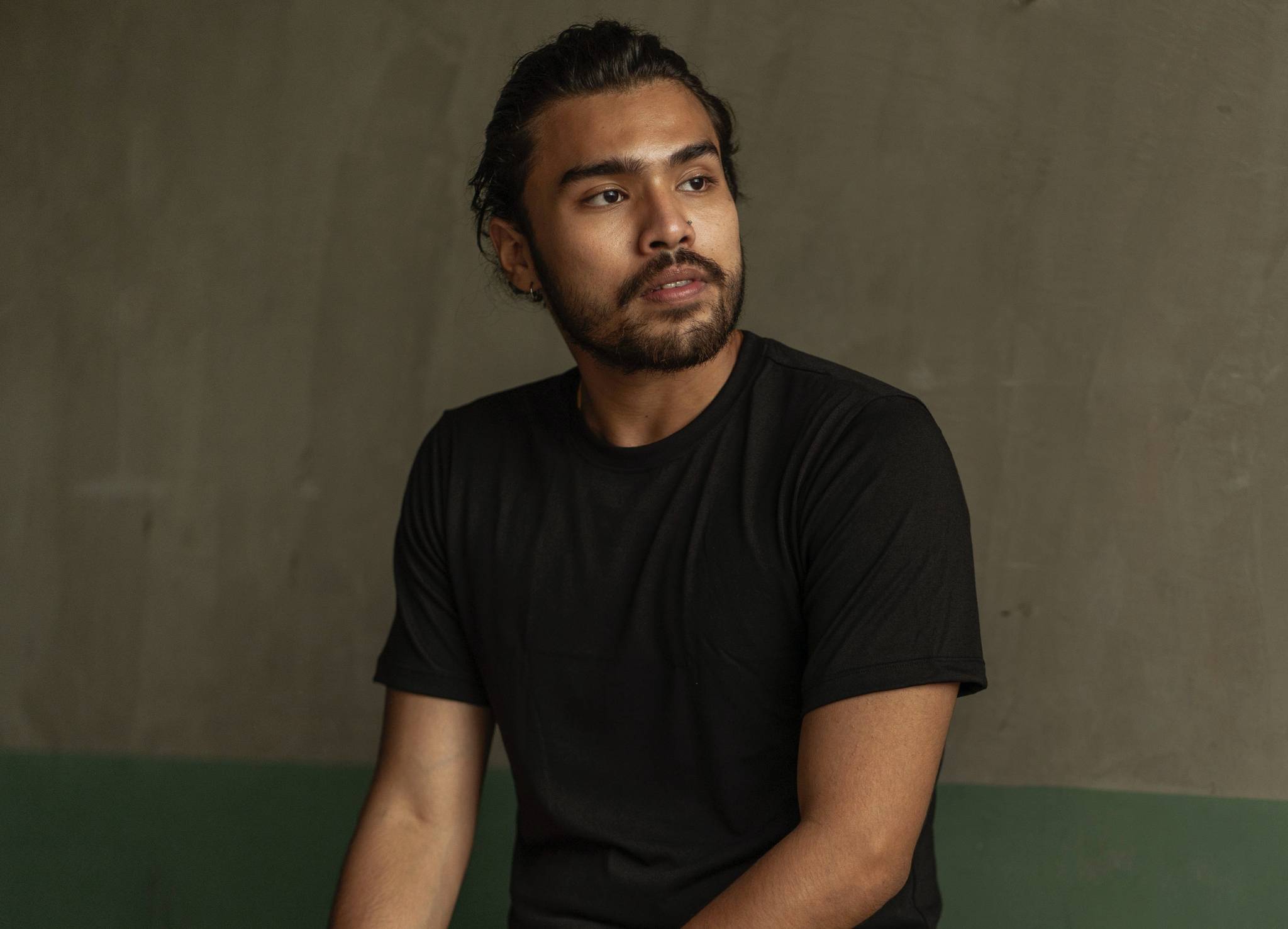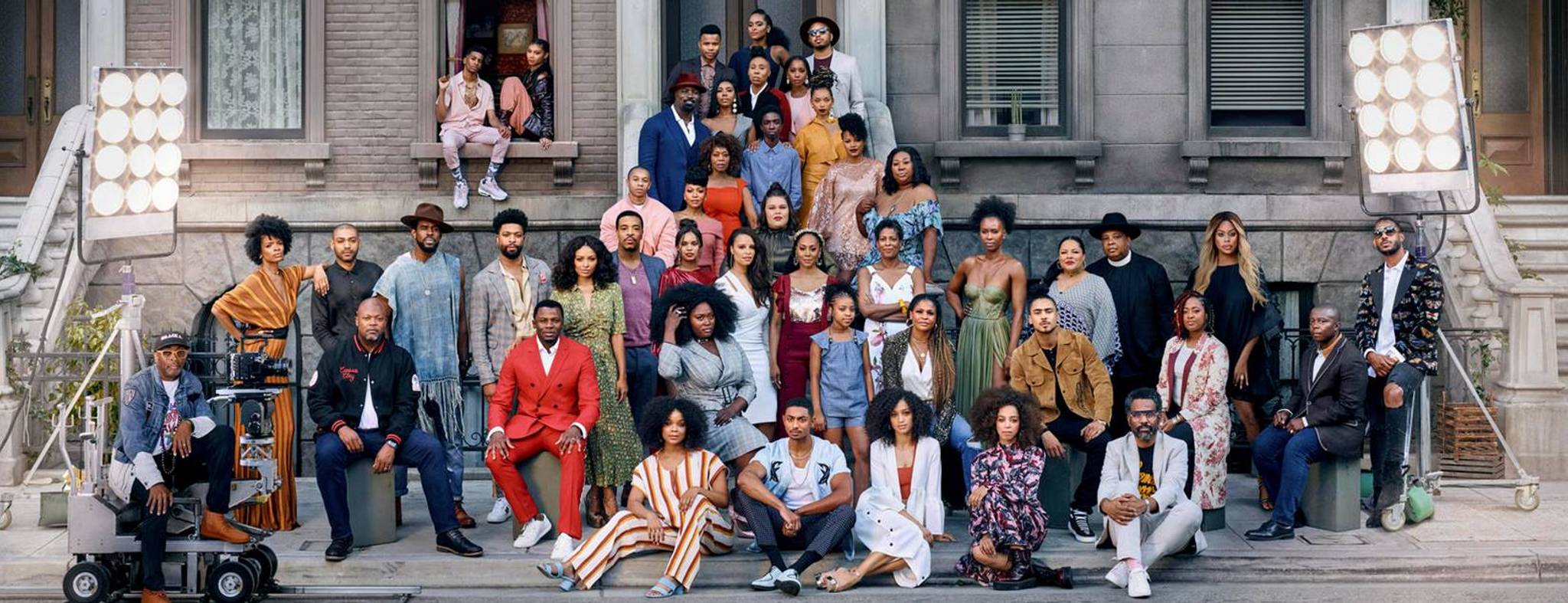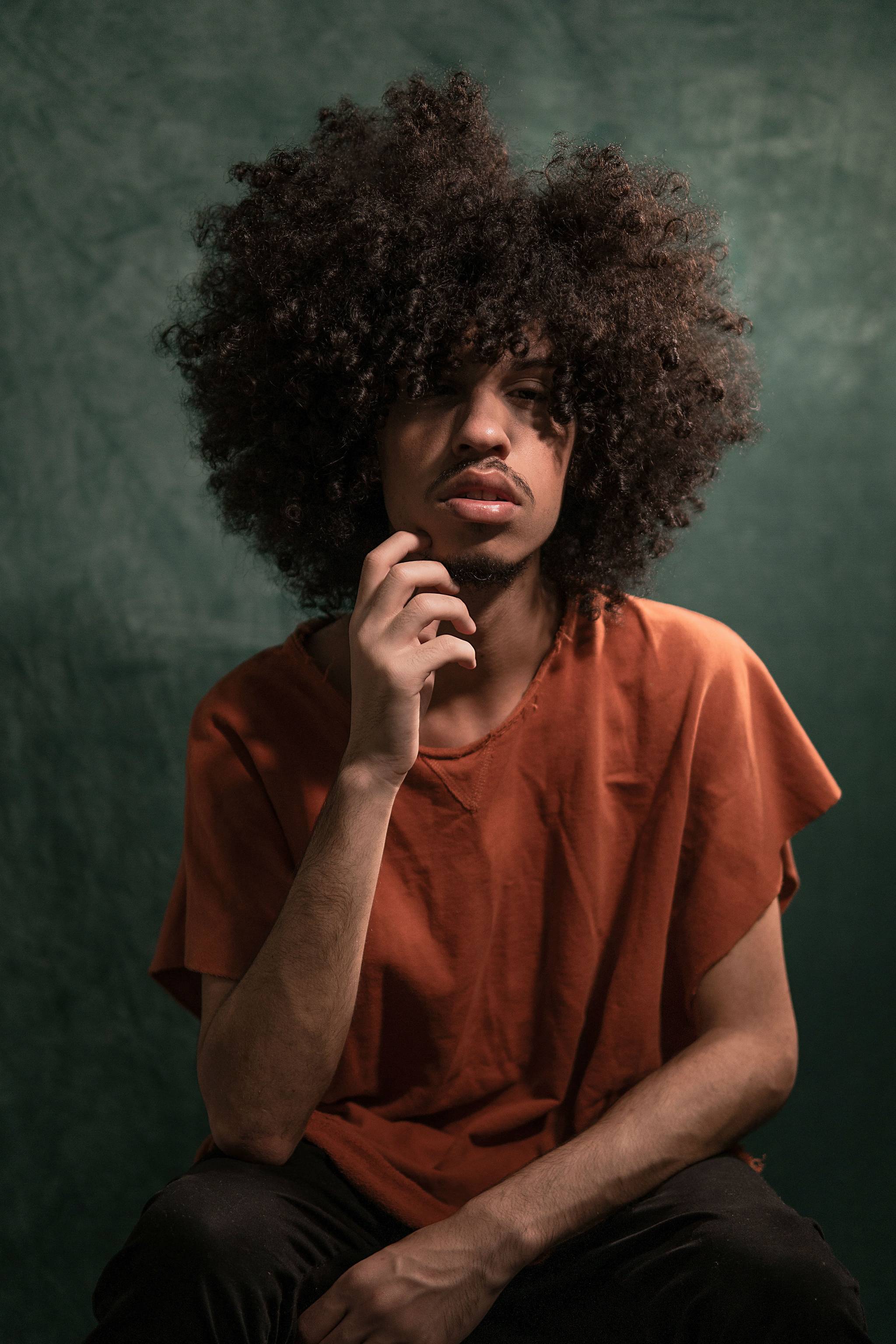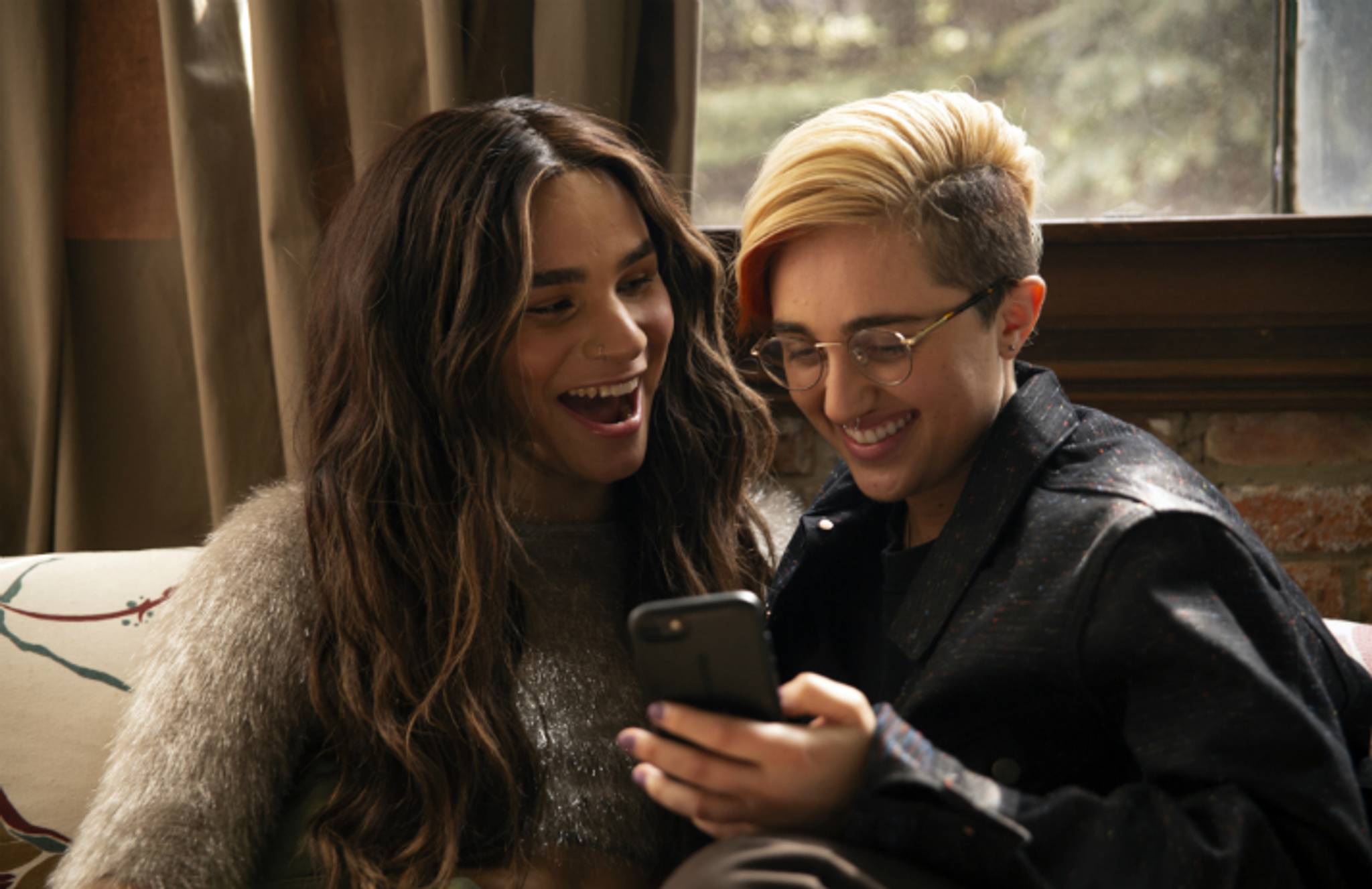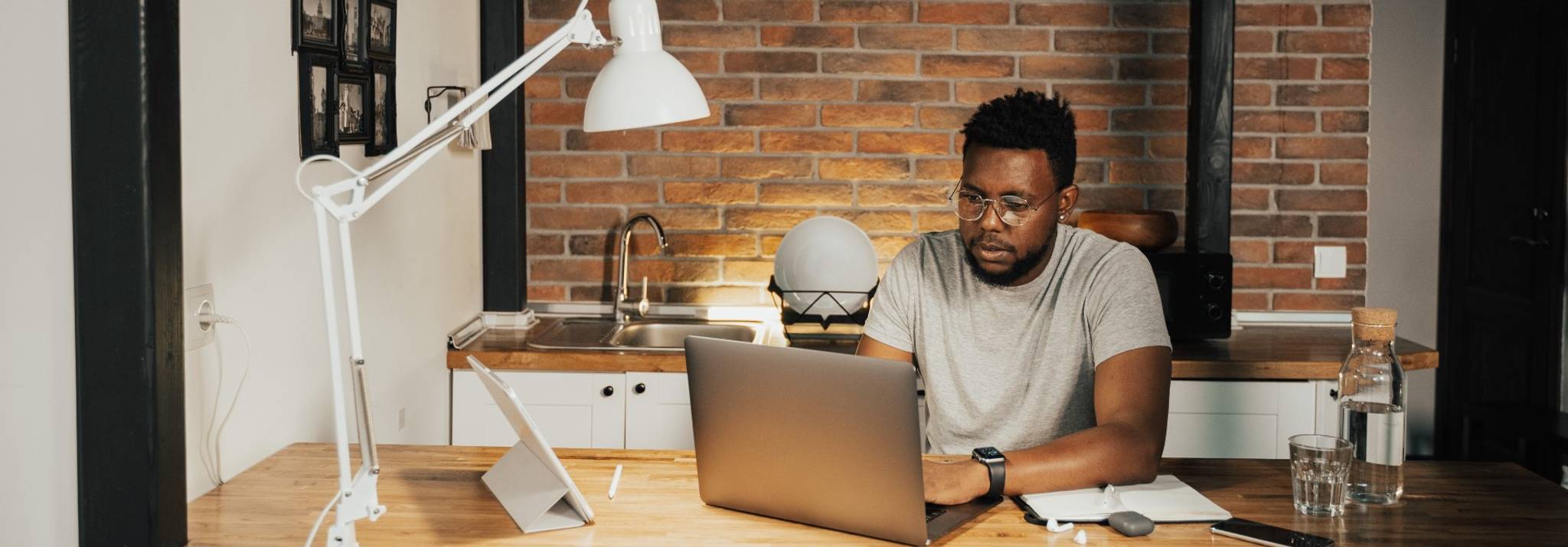
When White men see an image of a Black man, athleticism is the first thing that comes to mind, according to a study by Dove. While there are many great Black sportsmen, this stereotype can be damaging to the self-perception of Black men, something the brand aims to highlight in a campaign. We explore the insights behind this and why brands are advocating for Black men's mental health.
Dove Men+Care’s campaign shares the stories of Black men who are successful in industries other than sports. It comes after a study revealed that, when shown images of Black men, White men are most likely to describe them as athletes. The campaign, which depicts former sportsmen in careers such as law, teaching, and the arts, builds on Dove’s Commit To C.A.R.E Now initiative. The goal is to tackle stereotyped depictions often perpetuated in the media, which tend to showcase “extremely limited and inaccurate depictions of Black men,” says Esi Eggleston Bracey, COO of Unilever North America's beauty and personal care division. "These stereotypes have a tremendously negative impact and affect not only how the world views Black men, but also how Black men view themselves.”
As people increasingly recognize the impact that media has on societal attitudes, they’re calling for more nuanced representation. In the UK, for example, 69% of Black men agree that the media plays a significant role in defining how men are supposed to act in society – and the impact of poor portrayals can be detrimental. When asked how they see Black men represented, a third of 18- to 24-year-old Black men cite ‘angry’ and ‘ghetto’ as common stereotypes. More than half (51% ) say media representation of Black men causes psychological damage. Brands looking to keep in step with heightened demands for fair and inclusive representation would do well to take a leaf from 56 Black Men, a photo series looking to dismantle the biases attached to Black men wearing hoodies.
Precious Osoba is a junior behavioural analyst at Canvas8. Fascinated by the hows and whys of people and culture, she has a background in social sciences and a degree in marketing. You can often find her in aesthetically pleasing restaurants writing articles for her Medium profile.
